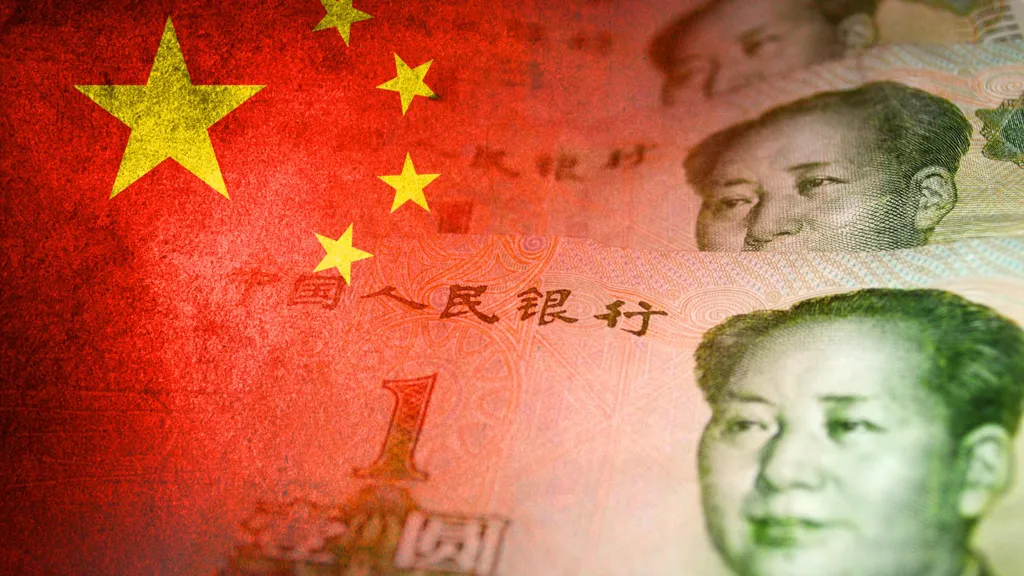"The government will try everything it can to assure the market that it has the ability to defend the yuan against the U.S. sanction and that no one in the market should short yuan," Wang added.
There are also limits to the benefits a weaker yuan could unlock now that the U.S. tariff rate on Chinese imports currently stands at 145%.
"How can a country depreciate the same amount of exchange rate by the same level without triggering financial instability. It will be very difficult," said Jianwei Xu, senior economist at Natixis.
While major currencies like the U.S. dollar and Japanese yen have a free-floating exchange rate, China tightly regulates the value of the yuan within its domestic market.
Each morning, the PBoC establishes a daily midpoint fix, based on the yuan's previous day's closing value and input from interbank dealers. The onshore yuan is only allowed to trade within a narrow band of 2% above or below this reference rate.
"I think China wants to be seen as the center of stability on every variable, including the exchange rate," said veteran investor David Roche.
A weaker yuan could also arguably make it "easier" for the U.S. given how China is its largest supplier of goods, Roche pointed out.
"The best way to make the Americans pay for this is to keep the currency stable," he said.
Chinese policymakers' commitment to stability was underscored by a series of measures to prop up the yuan earlier this year when a sharp surge in the U.S. dollar sent other currencies tumbling around the world. That effort aimed to dissuade market participants from placing one-way bets on the yuan's slide.
The central bank is guiding some gradual yuan depreciation via the fixing but a sharp devaluation is not likely, according to Ken Cheung, Mizuho's chief Asian FX strategist, whose year-end forecast of the onshore USD/CNY rate was the lowest among the analysts polled at 7.12.
Rather than using currency depreciation to counter the impact of the U.S. tariffs, Cheung said the PBoC might instead "introduce more two-way FX volatility to adjust with the choppy FX market conditions."
Christopher Wong, OCBC's FX strategist, said that in the very near term, the bank does not rule out "wild swings" in the currency that would see it trade between 7.20 and 7.50 for both onshore and offshore currencies.
Not everyone CNBC surveyed believes that Beijing will opt for a stable yuan. If the elevated tariffs imposed by the U.S. and China stay in place, Capital Economics sees the yuan depreciating significantly.
Jonas Goltermann, deputy chief markets economist at Capital Economics, told CNBC that he expects the USD/CNY rate to hit 8 by the end of the year. However, given how the U.S.-China trade war has evolved in recent days, Goltermann said the markets could "get there sooner."
However, he added that even that would not fully offset the hike in U.S. tariffs.
China may be more likely to utilize domestic stimulus to offset lost trade and project market stability, said Kamil Dimmich, portfolio manager at North of South Capital LLP. That includes a stable yuan, perhaps even strengthened by repatriating capital from the US treasury market, he elaborated.
On Friday, the PBoC also reaffirmed its plans for a "moderately loose" as Beijing gears up for heightened uncertainty amid the rapidly intensifying global trade war.
